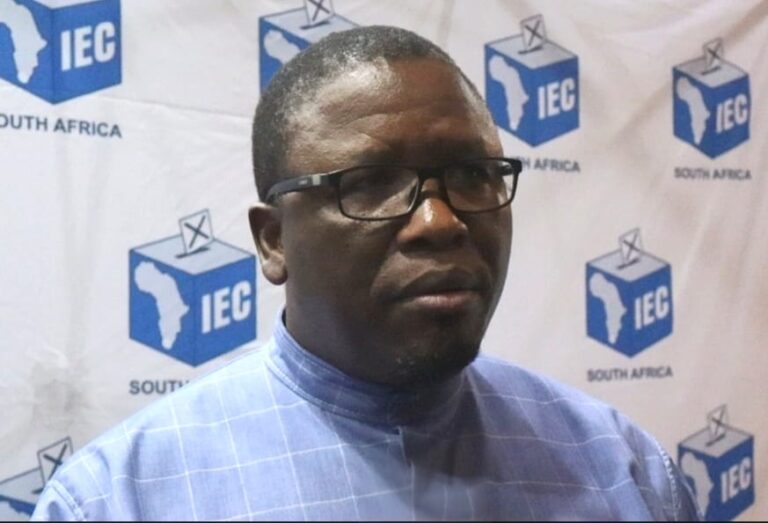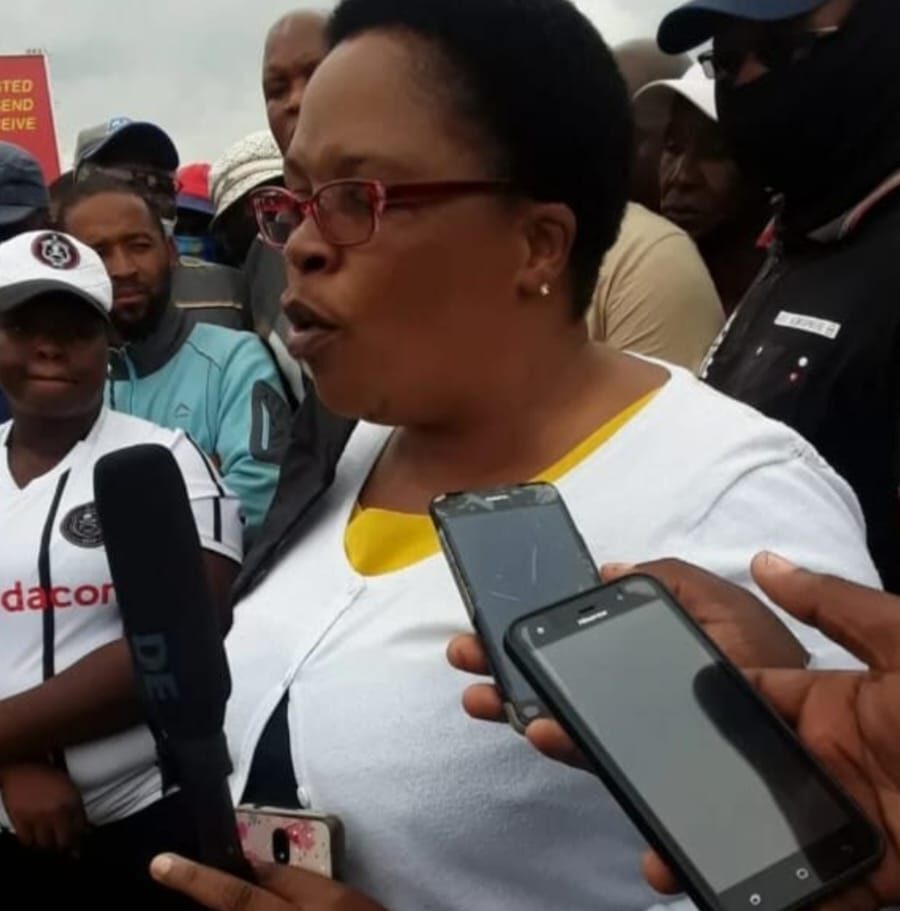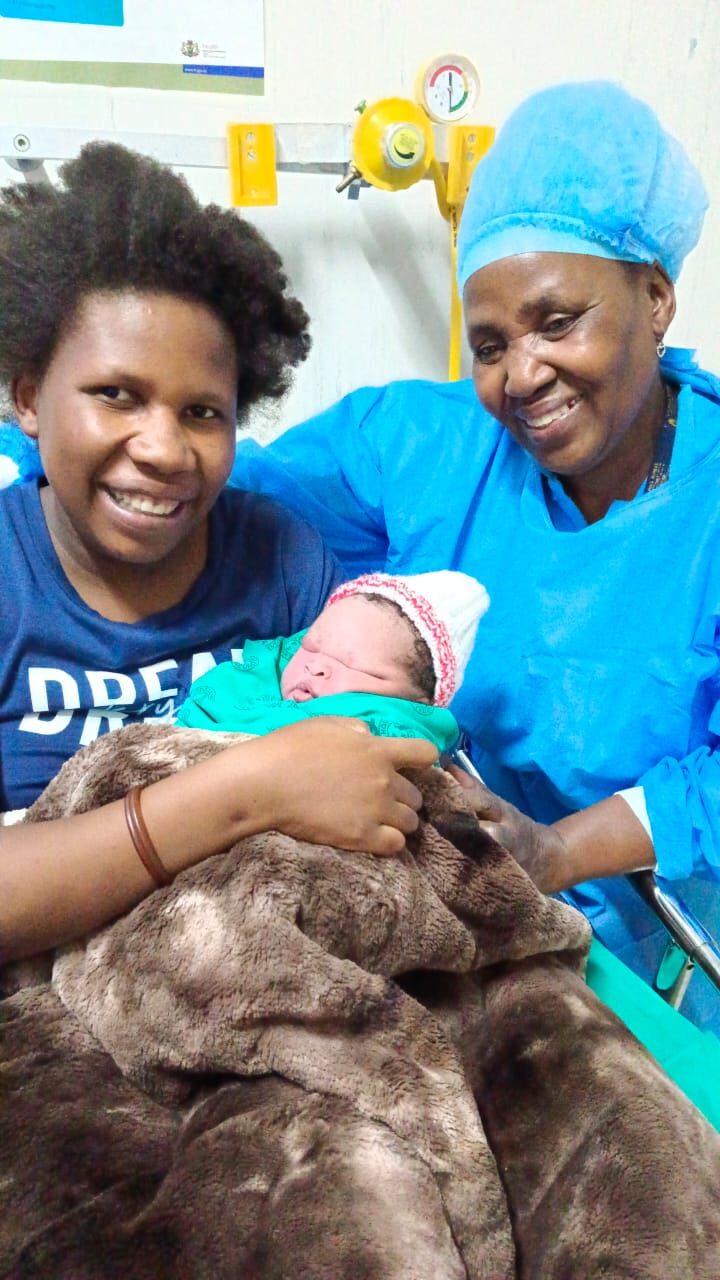By Emily Setona
QWAQWA – Traditional leaders in Maluti-a-Phofung have called on government to urgently resolve the municipality’s crippling water crisis, using a Government Communication and Information System (GCIS) community engagement on the G20 to connect global priorities with their immediate local struggles.
The dialogue, held on 17 September at the Bakoena Traditional Council in Namahadi, formed part of efforts by GCIS to unpack South Africa’s G20 presidency for local communities and traditional leaders. Provincial manager Yolisa Blom explained that the purpose was to show how the global agenda could be localised.
“South Africa, under President Cyril Ramaphosa, presides over the G20 until November 2025 under the theme Solidarity, Equality, Sustainability. The priorities include climate change, digitisation, and sustainable development. Localising these priorities means tackling unemployment, service delivery, and especially access to water, which is a crisis in Maluti-a-Phofung. The president has made it clear—this must be a G20 of the people,” Blom said.
For the traditional leaders, the meeting presented an opportunity to once again demand accountability on water provision. Speaking on behalf of the Bakoena Traditional Council, Morena Lerotholi Mopeli said the community had grown weary of repeated promises.
“In previous engagements we have raised the water issue countless times, yet nothing changes. We now have a new acting CEO at MAPWater, and while we welcome his presence, accountability from our municipal leaders is overdue. In November, we will be in Johannesburg representing our people at the G20 Summit, and we expect these concerns to be taken seriously,” Mopeli said.
Morena e Moholo Moremoholo Mopeli graced the meeting with his presence, though he was unable to remain until the end due to pressing commitments.Responding to the grievances, acting CEO of Maluti-a-Phofung Water (MAPWater), Thomas Mkaza, pledged to work closely with traditional leaders.
“My intention in being here today is to establish a genuine partnership. Traditional leaders are closest to the people and their realities. Solving the water crisis requires us to walk together, ensuring the community’s trust is rebuilt and solutions implemented,” Mkaza said.
Executive mayor Malekula Melato acknowledged that the ongoing water shortages have damaged the municipality’s reputation, but she stressed that her administration had inherited structural and financial problems.
“Working with traditional leaders is essential. Marena are custodians of land and infrastructure, and they play a vital role in protecting water resources. Sadly, vandalism of infrastructure is worsening the problem. At dams like Fika Patso, we find evidence of deliberate sabotage, with tools left behind. This undermines our progress and robs communities of water,” Melato explained.
The meeting highlighted how South Africa’s role on the world stage directly connects to local struggles. As G20 president, South Africa has the chance to spotlight Africa’s development priorities—among them, equitable access to resources, climate resilience, and inclusive growth.
Blom stressed that the involvement of communities and traditional leaders is crucial in achieving these global-to-local objectives. “We must mobilise our people to become eyes and ears against vandalism, corruption, and mismanagement. Only then can we realise the G20’s vision of stronger communities and sustainable development,” she said.
The localisation of the G20 presidency is not only symbolic but practical. For residents of Maluti-a-Phofung, access to clean, reliable water represents dignity and survival. It also embodies the values of sustainability and equality that underpin South Africa’s G20 leadership.
In addition to the dialogue, GCIS partnered with government departments to deliver services directly to Namahadi residents. These included access to social support programmes and information desks, reinforcing government’s message that global priorities must translate into tangible improvements in people’s lives.
The call by traditional leaders places renewed pressure on both MAPWater and the Maluti-a-Phofung Municipality to deliver solutions. Their demand is clear: political speeches and international summits must result in functioning taps at household level.
For Maluti-a-Phofung, one of the Free State’s most troubled municipalities, the G20 moment could serve as a turning point. Addressing the water crisis would not only meet a basic human need but also demonstrate that local challenges are inseparable from global conversations on sustainability and inclusive development.
As the G20 summit approaches in Johannesburg, the voices from Namahadi ring louder: a demand that the prestige of international leadership must be matched by accountability and service delivery at home.



















